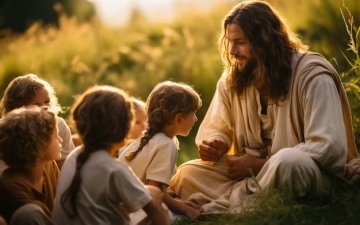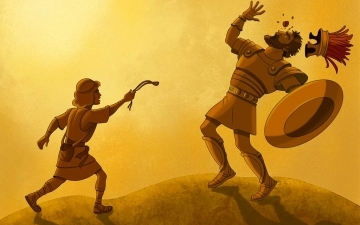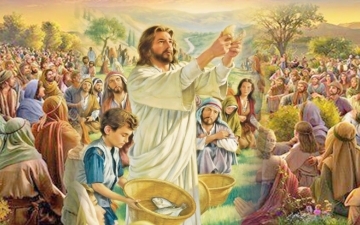The book of Genesis opens with a narrative that has captured the imagination of generations and laid the foundation for the world's major monotheistic religions—Judaism, Christianity, and Islam. It's the story of creation, a tale of divine artistry, purpose, and profound significance. In this article, we embark on a journey to explore the Genesis story, shedding light on its marvels and enduring relevance.
Creation Unveiled:
The Genesis story of creation unfolds in the first two chapters of the book. It narrates how, in the beginning, God created the heavens and the earth, separating light from darkness, land from water, and creating the heavens, the stars, and all living creatures. The pinnacle of this divine work is the creation of humanity—Adam and Eve—in the image of God.
Key Aspects of the Genesis Story:
- Divine Order and Purpose: The Genesis story introduces the concept of divine order, revealing that creation is not random but purposeful. Everything is created with intention and design.
- Human Dignity: The creation of humanity in God's image underscores the inherent dignity and worth of every individual, emphasizing the importance of treating all people with respect and care.
- Stewardship of Creation: Adam and Eve are given dominion over the earth and instructed to care for it. This highlights the responsibility of humans to be stewards of the environment.
- Choice and Consequences: The story of Adam and Eve's disobedience and expulsion from the Garden of Eden teaches the profound lesson that choices have consequences.
Teaching the Genesis Story to Children:
- Engaging Narration: Share the creation story in a way that captivates children's imagination. Use vivid language and encourage questions.
- Visual Aids: Utilize illustrations, videos, or even nature walks to help children connect with the story's themes of creation and stewardship.
- Discussion: Engage children in discussions about creation, human dignity, and the importance of making responsible choices in caring for the world.
- Hands-On Activities: Foster a deeper understanding through activities like gardening, art projects, or even stargazing, linking them to the themes of creation.
Reflection and Discussion:
After sharing the Genesis story, initiate reflection and discussion with children:
- What aspects of creation do you find most awe-inspiring?
- How can we take care of the environment and be responsible stewards of God's creation?
- What can we learn from Adam and Eve's choices in the story?
The Genesis story of creation is not just a historical account; it's a narrative that continues to inspire and inform our understanding of the world and our place in it. By sharing this story with children and emphasizing its themes of divine purpose, human dignity, and responsible stewardship, we can help them appreciate the marvelous creation around them and the importance of caring for it with reverence and love.











